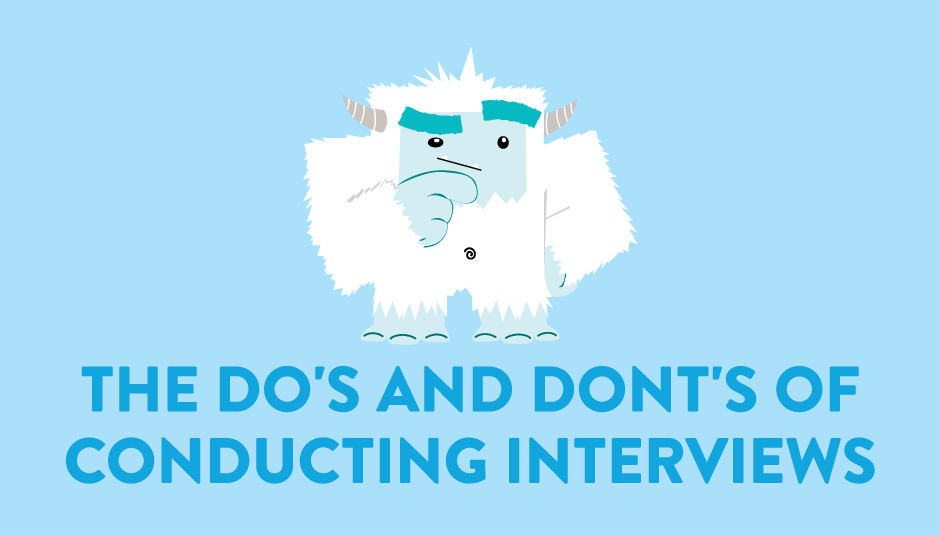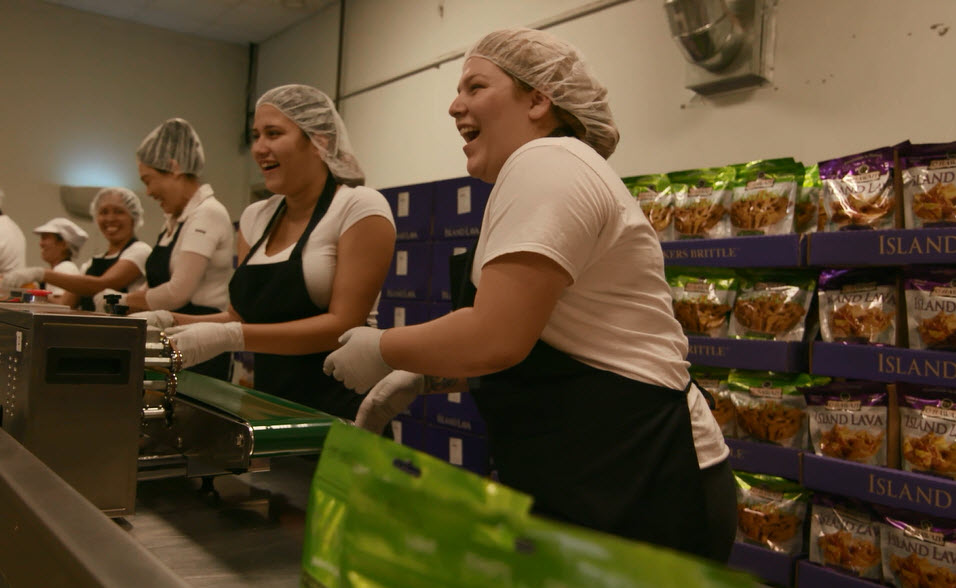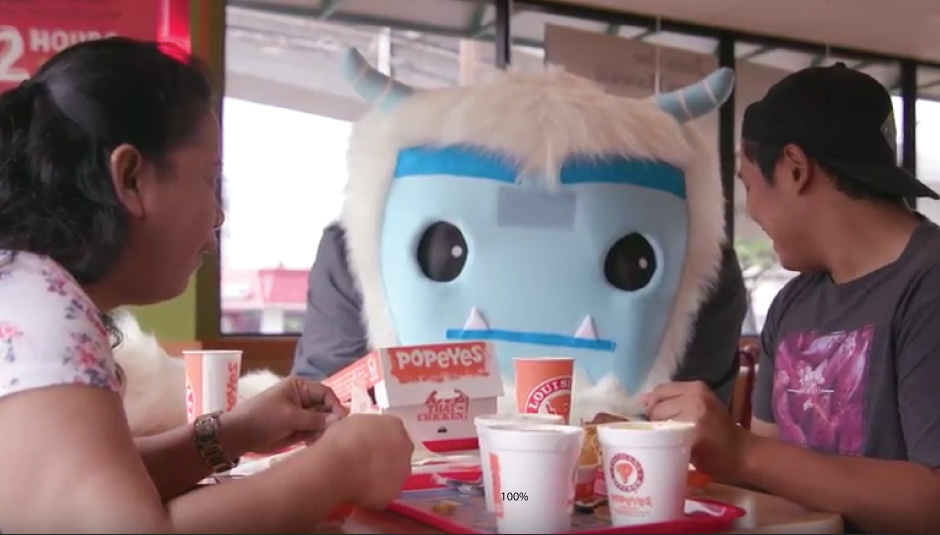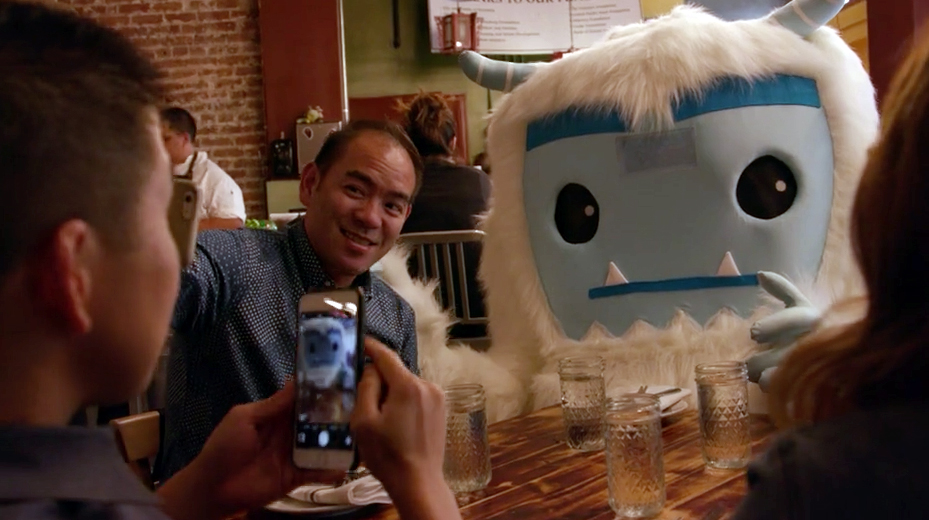The Do’s and Don’ts of Conducting Interviews

Conducting an interview is an important part of making a smart hiring decision; how you conduct an interview can make the difference between selecting a top-notch candidate or someone who negatively impacts your company’s bottom line. This doesn’t necessarily imply that your interviews need to be stiff and formal, however there are certain “dos and don’ts” that you need to be mindful of in order to correctly evaluate a candidate.
The following are some important guidelines for keeping your interview process effective.
Before the interview
- Do plan ahead. You expect candidates to arrive prepared, and you should do the same. Preparing for each interview will help you determine what specific information you need to learn about the candidate in order to make an informed decision. This includes reviewing the resume ahead of time and planning what questions you will ask.
- Don’t ask impromptu questions. This can be dangerous as certain questions are considered illegal. It’s easy to start “talking story” with a candidate and ask questions about what high school he/she went to or where he/she was born. But these types of inquiries are illegal and should never be discussed during an interview. Come prepared and don’t get caught off guard.
During the interview
- Do ask specific questions. Asking incredibly broad and overused questions will likely result in useless or canned answers. A better method is to ask questions that will give you the specific information that you’re looking for. For example, instead of the infamous, “so tell me about yourself” inquiry, try being more direct, such as, “what work experience do you have that might benefit you in this position?”
- Don’t talk too much. The interview is your chance to listen and learn. So let the candidate do the majority of talking. A good ballpark you can aim for is 85% listening and 15% talking. And even though it may seem awkward, avoid rushing to break those silent moments. Give the applicant plenty of time to respond.
After the interview
- Do make sure to follow-up with the candidate. The courtesy of a follow-up—whether by email, letter, or phone—is an important part of your candidate’s experience. Treating your rejected prospects unfavorably can lead to a negative perception of your organization within the community. So even if you decide not to hire the candidate, let him/her know about your decision.
- Don’t make a hasty decision. It’s true that in today’s job market making a quick hiring decision is important, as top candidates often have more than one job offer on the table. However, avoid making an on-the-spot decision or committing to a candidate without first ensuring that you have reviewed and verified all their information and are confident in the person you are hiring.
If you currently have available positions that you’re ready to start interviewing for, consider posting them to Real Jobs Hawaii. Real Jobs offers all the tools and functionality of large, corporate online recruiting sites but with one difference—it’s free! We never charge employers a fee to post their positions on the site. Click here to start advertising your jobs for free today.





